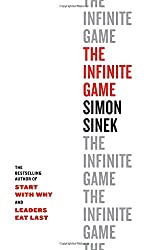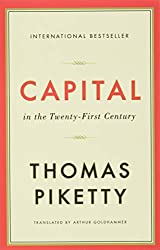
Rating: 6.0/10.
Business book about how businesses should think more long-term. An infinite game is one with no endpoint, so there’s no such thing as winning, the objective is to keep on going. A business should have a “Just Cause” — a fundamental reason for existing, beyond growth or profit. Examples include a seed bank and the declaration of independence. CEOs should maintain this long-term vision, which lets the company innovate in ways that align with this vision, instead of playing catch-up with competitors. The “Just Cause” should be broad enough to persist infinitely despite progress or societal change.
The next few chapters talk about various ways companies should adopt an infinite rather than finite mindset, which is basically the same as long-term vs short-term planning. The suggestions are quite naive: businesses need to think about societal good and not just profit, treat employees well, build trust in each other. Avoid setting impossible targets that force employees to do unethical things, like Wells Fargo. Have a “Worthy Rival” that you look up to, inspiring you to be better. Leaders should have the courage to pursue long-term visions at the risk of short-term loss, etc.
Apart from the “Just Cause” chapter, the rest of the book is uncontroversial and should be obvious to everyone. I’m not sure who the target audience is, because there’s not much actionable advice, all the examples are about large businesses and it’s hard to apply to personal development. The reasoning is unsound: purely anecdotal and without any stats / studies to support his arguments, and in many cases he confuses correlation with causation.



